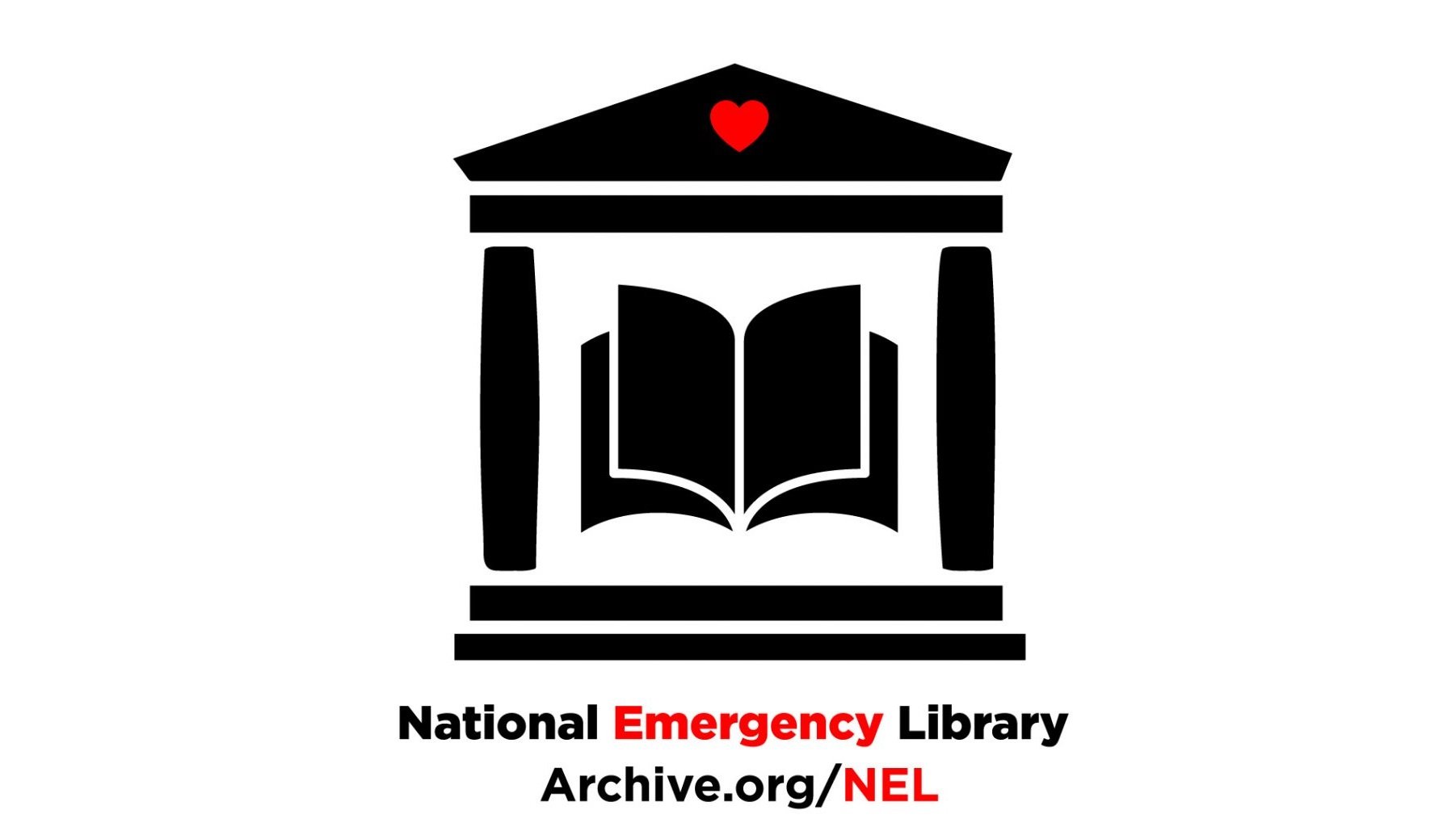Four publishers sued the Internet Archive and the agency ended the National Emergency Library program earlier than planned, the agency said in a blog post.
The "emergency" program began in March, providing free access σε 1,4 εκατομμύρια βιβλία σε άτομα που δεν μπορούσαν να φτάσουν στις αίθουσες διδασκαλίας ή τις βιβλιοθήκες κατά τη διάρκεια της πανδημίας του coronavirus and the lockdown that followed.
The Emergency Library is part of the Open Libraries initiative, in which the Internet Archive σαρώνει βιβλία βιβλιοθηκών, επιτρέποντας ψηφιακά “check-out” μέσω μιας λίστας αναμονής. Ωστόσο, η Βιβλιοθήκη έκτακτης ανάγκης (Emergency Library) σταμάτησε να uses waiting lists and made the scanned books available directly to the public.
The intention was to keep the Emergency Library open until June 30. But on June 1, publishers Hachette, Penguin Random House, Wiley and HarperCollins sued the Internet Archive for copyright infringement. The Authors Guild Reported in March that the Internet Archive "acted as a piracy site" that infringed the authors' rights to their work.
"We stopped our program because last Monday, four publishers chose to sue the Internet Archive during a global pandemic," said Brewster Kahle of the Internet Archive.
The Internet Archive does not completely stop the online lending program, but rather returns to the controlled digital lending model with the lists it used before, according to the post in the blog.
It was not known until Sunday whether the closure of the Emergency Library would force publishers to terminate the lawsuit.





